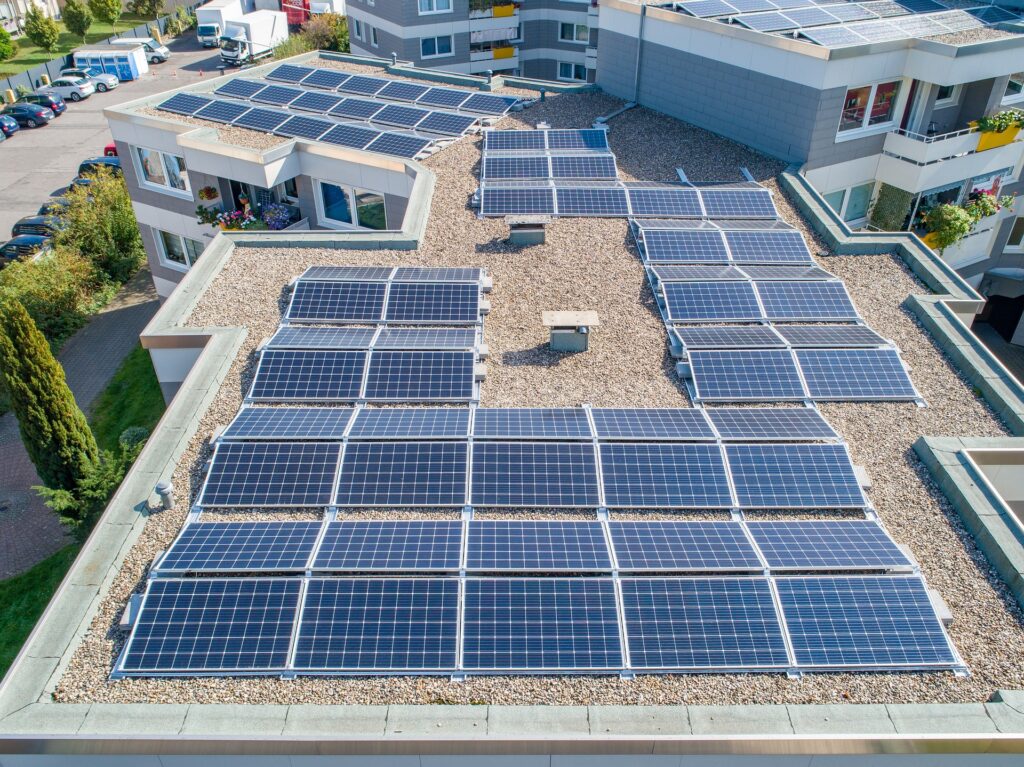Understanding the Effect of Loadshedding on Business Owners

Loadshedding has a significant impact on businesses operating in South Africa.
The power outages force many businesses to close temporarily, resulting in decreased sales, reduced turnover, and additional expenses.
In this article, we will explore the profound effects of loadshedding on property-related businesses in South Africa and provide alternative solutions to mitigate these challenges.
Disruptions and Damages Caused by Loadshedding
The disruption caused by loadshedding is immense, leaving businesses with excessive downtime unless they have implemented backup measures like generators, inverters, Uninterrupted Power Supplies (UPS), or solar energy solutions.
Commercial property owners bear a substantial brunt, with 38% of them reporting electrical damages to their equipment due to loadshedding. Moreover, 46% of these owners incur additional capital expenses to invest in alternative power sources.
The reduced output of goods due to loadshedding also creates disruptions in supply chains, further impacting property-related businesses.

Vulnerability of Small Property Businesses during Loadshedding
Small businesses, including those in the property sector, are particularly vulnerable to the effects of loadshedding.
Power outages render security systems, such as alarms, ineffective, leaving these businesses more susceptible to theft and burglary.
According to a Nedbank insights report conducted in partnership with the Township Entrepreneurs Alliance, titled “Impact of Loadshedding on Small Businesses in the Township Economy”, approximately 64% of township small businesses cease operations during loadshedding.
This highlights the dire consequences faced by property-related businesses in economically disadvantaged areas.

Exploring Alternative Solutions for Property-Related Businesses
To mitigate the adverse effects of load shedding on their operations, property-related businesses must explore alternative solutions.
Another viable solution is investing in alternative power sources, such as backup generators, inverters, UPS, or solar energy systems. While these options can be costly upfront, they enable businesses to continue operating during power outages and minimize revenue losses.
Additionally, Portable Power Stations (PPS) have gained popularity as affordable options for homes, assisting individuals in coping with the frustrating Eskom load shedding regime.

Generator usually used at Small Offices or Residential Properties

Generator usually used at Larger Office blocks or Retail Stores

UPS is primarily designed to provide short-term power backup for electronic devices such as computers, servers, and networking equipment. It typically offers limited power capacity and runtime, allowing enough time for proper shutdown procedures during a power outage

Portable Power Stations (PPS) has quite robust and versatile battery capacity, usually larger than a UPS.

Inverters are usually used for back-up power solutions in Homes and Offices.

Solar panels are a sustainable power solution and usually integrated with an Inverter System for smooth transitions.
Embracing Long-Term Sustainability
In addition to immediate solutions, property-related businesses should also consider embracing long-term sustainability by implementing renewable energy sources.
Solar energy, for example, presents an environmentally friendly and cost-effective alternative to traditional power sources.
By installing solar panels, businesses can harness the abundant sunlight in South Africa and generate their own electricity, reducing dependence on the national power grid and mitigating the impact of loadshedding.

Collaborating with Government and Local Authorities
Businesses can also collaborate with the government and local authorities to address the challenges posed by loadshedding.
By engaging in dialogue and expressing their concerns, businesses can collectively advocate for improved infrastructure, increased investment in alternative energy sources, and more stable power supply.
This collaborative effort can help create a conducive environment for businesses to thrive even in the face of loadshedding.


